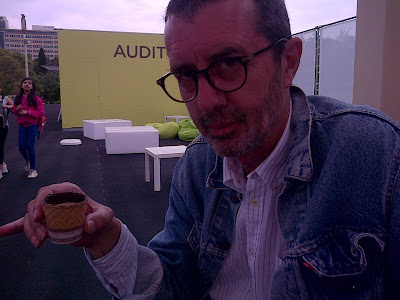Peter Murphy,
author of "Lagan Love", his first novel, has now given us "All Roads”,
the third novel, after "Born and Bred” and "Wandering in Exile”, in
the Life and Times trilogy. These four books have placed Murphy in the league
with other popular and loved Irish writers such as Roddy Doyle, Frank McCourt,
Brendan Behan, Brendan O’Carroll, Sean O’Casey, Patrick Taylor and others. If
you love to read about Irish life, culture, history ,family and other
influences such as politics and religion; you will find this new voice and
storyteller a must read writer.
This
latest novel finds the central character, Danny Boyle, now in Canada with his
family in 1997.The first line in the novel, "Hi, I'm Danny B. and I'm AN
ALCOHOLIC”, kicks off the next 16 years in the life of Danny, his wife, family,
friends, as well as his troubled life, to both himself and those who surround
him and are affected by him. The novel takes place mainly in Toronto, but there
are many times over the years, that the reader is transported to Dublin and
Rome I won't go into details about the storyline of this novel, or the two
proceeding novels of the trilogy, other than that each of the novels can stand
alone in reading, but I strongly suggest you read "Born and Bred", "Wandering
in Exile" and "All Roads" in that order. As I have mentioned in
my other Reviews, this novel covers 16 years and a lot of characters; so I
suggest you keep a list of the characters and their relationships as they keep
re-appearing over the years. Murphy helps the reader in keeping track of time
by dating the time period of each chapter.
You
might also wish to read my Reviews, as well as others, that have been posted
here on Amazon.
While
the stories, characters, family, friends, associates, and experiences make for
an engrossing read; there are a plethora of lessons, good and otherwise, that
you'll obtain from this trilogy; that will remain with you for a long time.
If you
forget all about the lives and experiences of the people in this trilogy, just
remember; Danny's words;
"When I was drinking I used to try and
tell myself that I wasn't harming anybody else, but that wasn't true. Everything
we do spills over into other people's lives--the good and the bad."
Jerry Guild






























